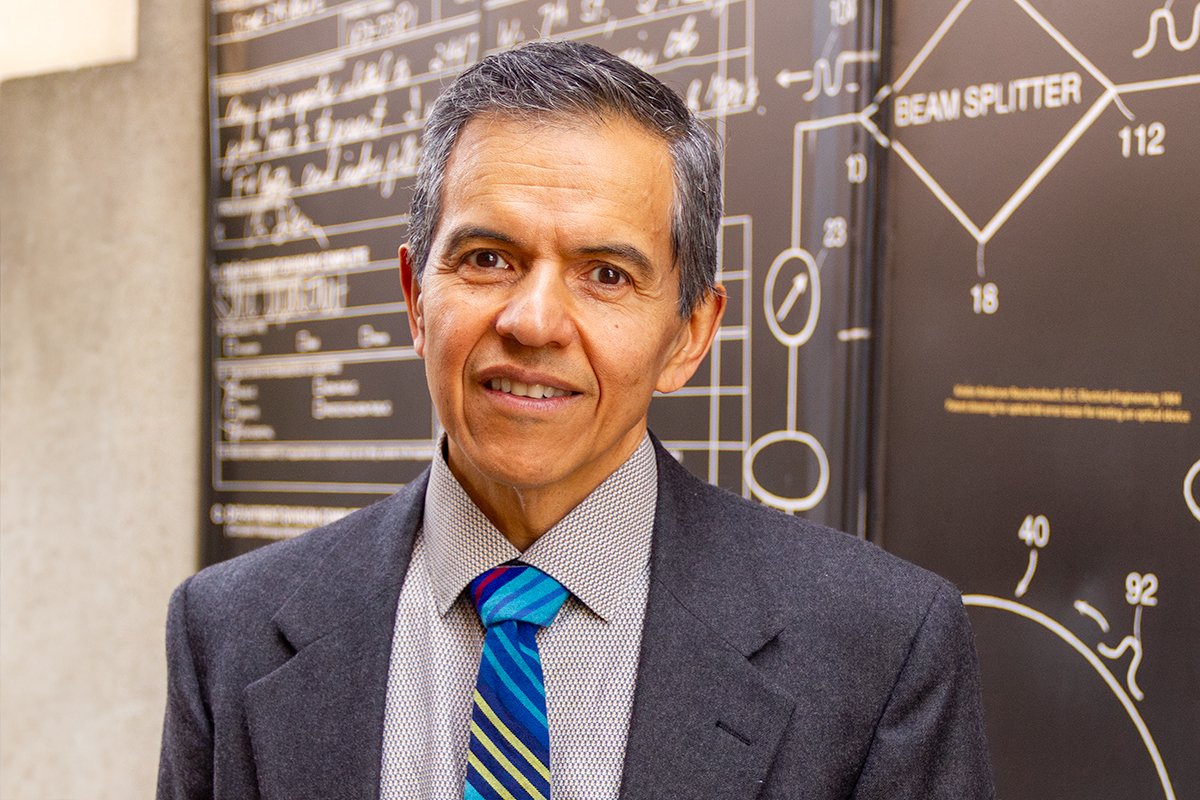Northey Professor Edgar Arriaga appointed new Associate Dean for Faculty Initiatives at the University of Minnesota Graduate School

MINNEAPOLIS / ST. PAUL (9/25/2024) – Earlier this summer, Department of Chemistry Professor Edgar Arriaga was named Associate Dean for Faculty Initiatives at the University of Minnesota Graduate School. In his new role, Arriaga will support the Graduate School in the cultivation of excellence in graduate education and postdoctoral training, aligning closely with the mission and impact goals of both the Graduate School and the University of Minnesota.
Scott Lanyon, Vice Provost & Dean of Graduate Education writes: “I’m thrilled to have the opportunity to work with Dr. Edgar Arriaga to help UMN scholars excel in their role as graduate faculty and postdoctoral advisors as well as to improve graduate education at the University more generally. Edgar has been a great Graduate School partner, a tremendous advocate for graduate education generally, and advocate for diversity, equity and inclusion specifically."
Arriaga, a member of the Department of Chemistry faculty since 1998, has built a strong reputation for himself as an ardent advocate for diversity, equity, and inclusion and an active collaborator on a variety of initiatives related to safety, mental health, and community. His most recent service roles include acting as the co-chair to the Chemistry DEI Committee, a Dean’s Fellow in the College of Science and Engineering, a Faculty Fellow of the Office of Equity and Diversity, and the Chair of the University Campus Safety Committee.
The Arriaga Group applies chemical and engineering principles to design novel strategies to investigate the complexity of biological systems. These strategies respond to one of the most critical challenges faced by modern biomedical, pharmacological, and environmental research, which is the highly heterogeneous nature of cellular architecture, biological function, and response to chemical treatments. The strategies include high-throughput measurements of individual organelles, multi-parametric analysis of single cells, subcellular-specific and and tissue-specific ‘omics’ technologies, which utilize mass cytometry, molecular biology, imaging, analytical separations, and biochemistry resources. The group’s current projects focus on the elucidation of the molecular pathways that define aging and its related diseases, such as neurodegenerative diseases, metabolic syndrome, and cancer.